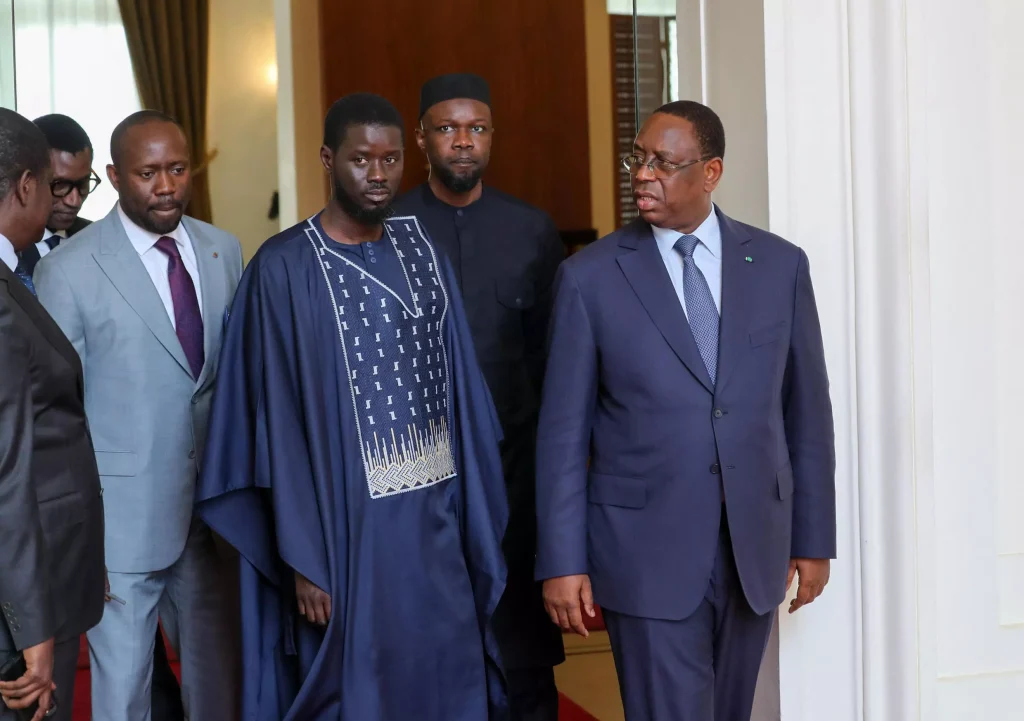Voting commenced in Senegal on Sunday for a parliamentary election that will influence whether the country’s newly sworn-in president can implement his bold reforms.
Over seven million registered voters in this West African nation are selecting 165 representatives for the National Assembly, where President Bassirou Diomaye Faye’s party currently lacks a majority.
Faye, who took office in March on an anti-establishment agenda, claims that this lack of majority has hindered his ability to enact the reforms he promised during his campaign, such as tackling corruption, reassessing fishing licenses for foreign firms, and ensuring a larger share of the nation’s natural resources benefits the local population.
In September, he disbanded the parliament led by the opposition, setting the stage for a snap legislative election. PASTEF requires at least 83 seats to secure a majority.
His party is up against the Takku Wallu opposition coalition, headed by former President Macky Sall and 39 other registered parties and coalitions.
Polling will conclude at 6 pm (1800 GMT), with initial provisional results expected by Monday morning; however, the final tallies will be released later in the week.
Faye’s political group, PASTEF, needs a minimum of 83 seats to achieve a majority in the assembly. Analysts suggest it has a strong possibility of reaching that number due to its popularity and Faye’s significant victory margin in the March presidential election.

At 44 years old, Faye was elected with 54% of the vote in the first round, making him Africa’s youngest elected leader, shortly after his release from prison. His ascent reflects the growing discontent among Senegal’s youth regarding the country’s trajectory — a prevalent feeling across Africa, which has the youngest population globally and numerous leaders accused of holding onto power for extended periods.
Over 60% of Senegalese individuals are under 25, and 90% are employed in informal sectors. Senegal has experienced soaring inflation recently, complicating the financial situation for many.
The nation is also a primary source of irregular migration to Europe, with thousands departing each year on dilapidated, makeshift fishing vessels in pursuit of better economic prospects.
Occasional skirmishes between supporters of various parties marred the lead-up to the legislative election. An opposition party’s headquarters was set ablaze in the capital, Dakar, and clashes broke out among supporters in central Senegal in recent weeks, as reported by the interior ministry on Monday.
On Tuesday, Ousmane Sonko, the prime minister who was instrumental in Faye’s victory, condemned the violence directed at PASTEF supporters in Dakar and other cities.


